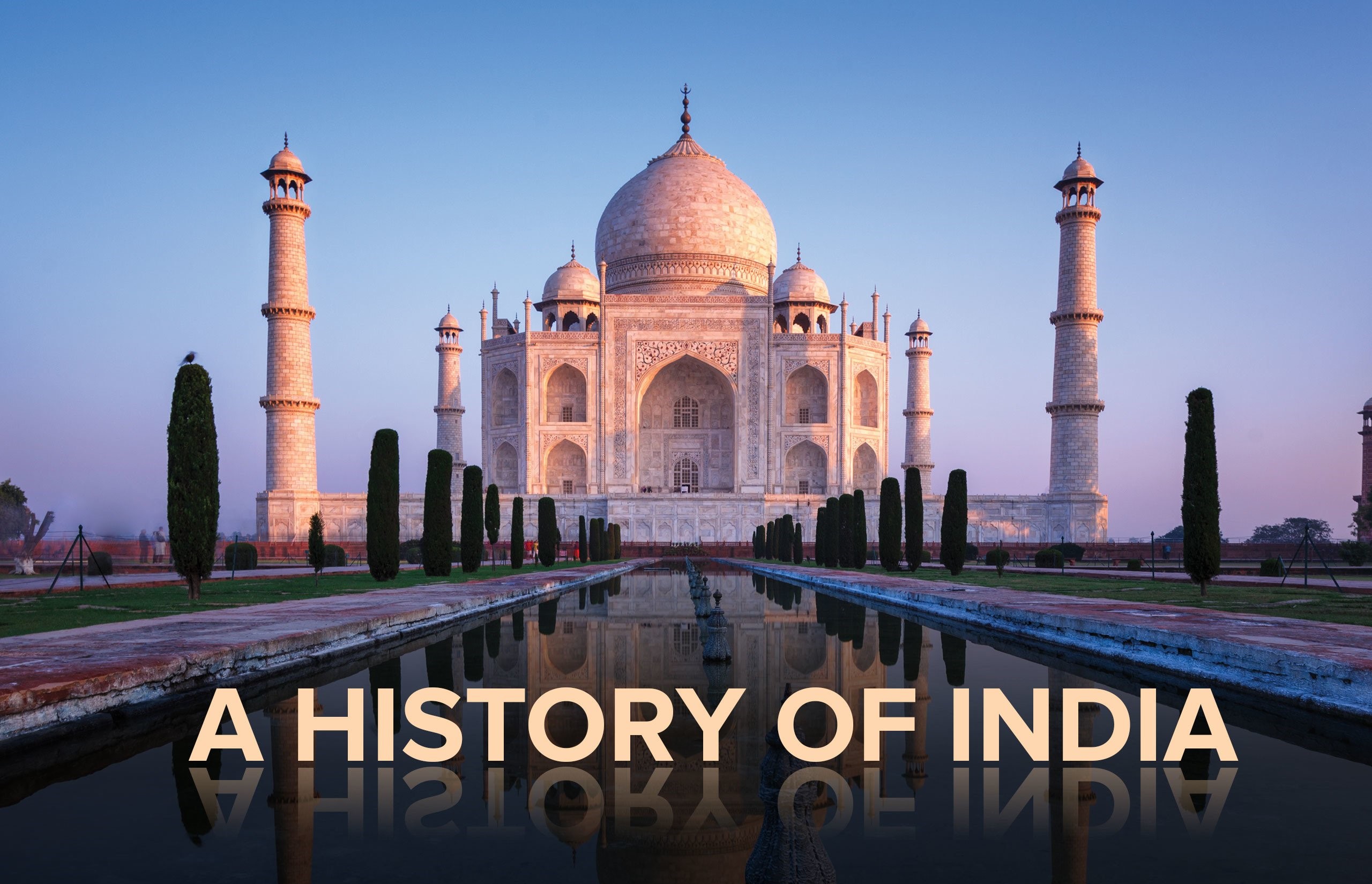Important Organisations Before Congress
Important Organisations Before Congress
| Organisations | Place | Year | Founder |
|---|---|---|---|
| Landholders Society | Calcutta | 1837 | Dwarka Nath Tagore |
| British India Society | London | 1839 | William Adam |
| British India Association (Result of the merger of 1 and 2) | Calcutta | 1851 | Devendra Nath Tagore |
| Madras Native Association | Madras | 1852 | C.Y. Mudaliar |
| Bombay Association | Bombay | 1852 | Jagarmath Shanker Sheth |
| East India Association | London | 1866 | Dadabhai Naoroji |
| Poona Sarvajanik Sabha | Poona | 1870 | S.H. Chiplunkar, G.V, Joshi, M.G. Ranade |
| Indian Society | London | 1872 | Anand Mohan Bose |
| Indian League | Calcutta | 1875 | Shishir Kumar Ghosh |
| Indian Association | Calcutta | 1876 | Surendra Nath Bannerji and Anand Mohan Bose |
| India National Conference | Calcutta | 1883 | Surendra Nath Bannerji and Anand Mohan Bose |
| Madras Mahajan Sabha | Madras | 1884 | P.Rangia Naydu, V. Raghava-chari, Anand Charlu, G.S. Aiyer |
| Bombay Presidency Association | Bombay | 1885 | Ferozshah Mehta, K.T. Tailang, Badruddin Tyebji |
Indian National Congress (I.N.C.): Bombay, 1885, A.O. Hume
» The Indian National Union was formed in 1884 by A.O. Hume, an Englishman and a retired civil servant, in association with various national leaders who called for a conference in Pune in December 1885.
» The conference received the unanimous support of all Indian leaders, but the venue was shifted to Bombay for various reasons (esp. outbreak of cholera in Pune).
» Further, the leaders decided to rename the Indian National Union as Indian National Congress.
» The first session of the Indian National Congress was held at Cokuldas Tejpal Sanskrit Collegein Bombay under the presidentship of W.C. Bannerjit a veteran lawyer of Calcutta.
» It was attended by 72 delegates from all over India.
» From 1885 onwards the INC met every year and its cause spread rapidly among middle class Indians.
» With the foundation of INC in 1885, the struggle for India's independence was launched in a small, hesitant and mild but organized manner.
» The first two decade of INC are described in history as those of moderate demands and a sense of confidence in British justice and generosity. Their aim was not to be aggressive for attaining independence lest the British should suppress this. This resulted in Indian Council Actin 1892 which allowed some members to be indirectly elected by Indians but keeping the official majority intact.
